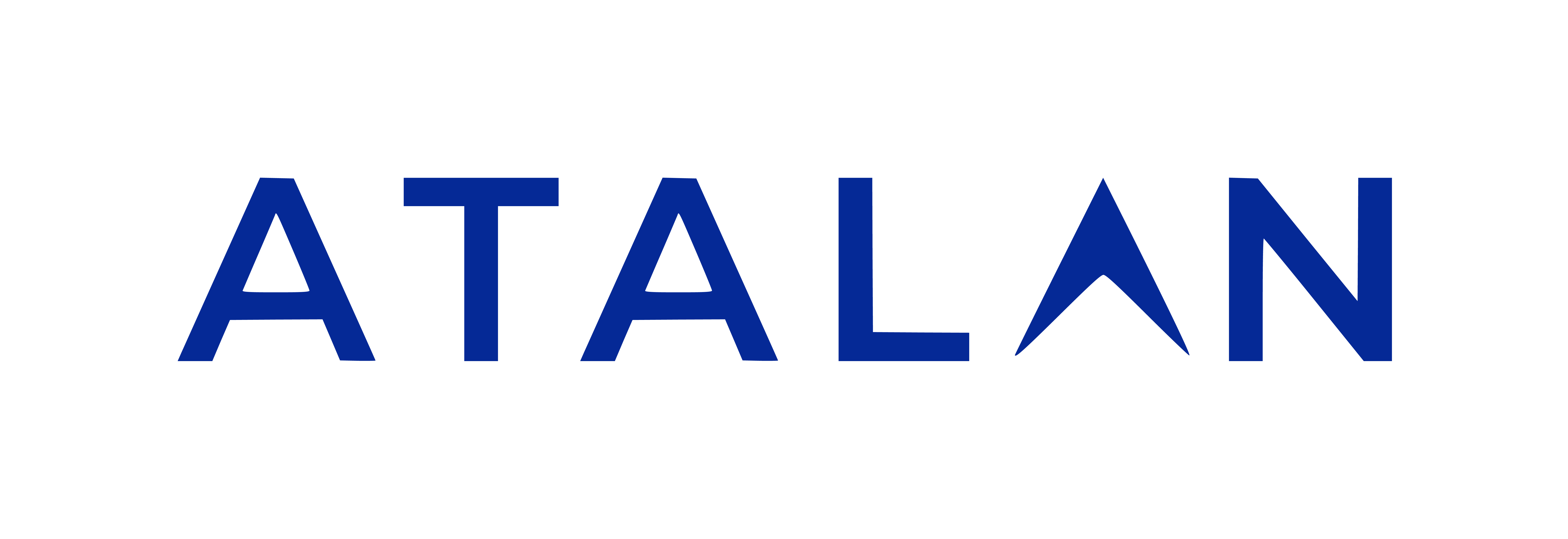Clinician burnout is a known challenge in healthcare, aggravated by both the standard stresses of working in a high-intensity caretaking field, and also by recent regulatory, pandemic, and financial pressures. The costly ripple effects of burnout include higher turnover, fewer clinical hours, safety and quality issues, poorer patient outcomes, and a lower organizational reputation.
Addressing burnout is multifaceted. Health systems need tools to determine their highest-impact actions using data insights. Below, learn more about the experience of Atalan’s client, a large multi-state health system in the United States.
From quarterly surveys to a platform for strategy and action
The health system client, like many leaders of health systems, can find it a balancing act to ensure sustainable work for clinicians while investing resources wisely and keeping up with an eternal flow of patients.
The health system’s key goals in getting started with the Atalan platform and analytics were twofold:
- Using objective data to make the economic case for resourcing clinician well-being initiatives
- Embracing innovation as an approach to help improve clinician quality of life, without sacrificing patient care
Prior to working with Atalan, the health system’s well-being and retention strategy had been to gather data to understand the experiences of their clinician population and to develop interventions. They made well-being an organizational key performance indicator and conducted an evidence-based well-being survey quarterly.
While they had great response rates initially, they noticed that checking and responding to the feedback as an organization at that frequency was not enough to make a noticeable difference in engagement and retention. They then switched to a “pulse” survey with three key areas: job stress, recognition, and work-life balance.
However, they noted that these areas could be subjective based on experiences like having a difficult day or coming back from vacation. Surveys with a few data points and windows of time could only uncover a limited amount of information about what each clinician was struggling with the most. They knew they needed to go further to truly understand the work experience of each and every clinician.
Atalan’s platform seamlessly fits in with the health system’s existing well-being strategy. The platform optimizes existing health system data and brings innovation to address the critical challenge of clinician retention. The solution enables them to highlight at-risk clinicians in new ways, such as noting those with weekend hours and factoring in time spent in patient encounters and on message responses. “Silent sufferers,” hidden providers who may not have the energy or trust to respond to a survey, can surface with Atalan’s analytics and be supported by targeted initiatives.
Rigorous, evidence-based approaches to well-being and retention
With the Atalan platform, the health system’s team can now support organizational leaders with data-driven insights. Objective findings about the work environment—versus subjective ones—support leaders across all levels of the organization in identifying and resolving issues related to poor experiences for clinicians.
In the past, their regional and system-level leaders might get a general idea of who was struggling from typical tiered escalation models. Now, the objective data on at-risk clinicians on the platform gives them more confidence in the validity of the results—supported by Atalan’s rigorous machine-learning models—and they are more likely to act upon them.
With specific insights, they are able to make the financial case for clinician interventions, with a laser focus on their most at-risk segments. Atalan’s platform also suggests types of evidence-based interventions and provides a project management module to track the effectiveness of those interventions.
The health system is excited to have access to tailored resources, like adaptable frameworks and action steps, that are recommended based on data results from all levels of the organization. Leaders can view key strengths within their provider population—known as protective factors—and tips to address likely barriers to action.
The ability to document, measure, and act upon clinician well-being in a standardized way will also help the health system more effectively retain clinicians. Together, Atalan and the health system client look forward to the next stage of the client’s journey toward innovation and becoming a practice destination of choice.
Empowering action at your organization
Last year, Atalan conducted training with local healthcare leaders including the healthcare system client, such as physicians and clinic managers, to brainstorm local solutions in response to certain risk factors of burnout and determinants of well-being. Participants were surprised by the expansive thinking that they heard on the ground, realizing that there were more interventions possible than they expected. Atalan’s platform promotes a similar bottom-up approach, helping leaders unlock existing wisdom in their organizations, and sharing proven action steps from their peers to directly address clinician well-being.
Supported by scientific research and deep insights from healthcare leaders, the Atalan platform is a targeted and transformational tool for health systems. Atalan partners with healthcare organizations every step of the way, supporting targeted, evidence-based actions and empowering teams at all levels to maximize clinician retention.
Are you ready to be a leader in clinician well-being and retention? Set up a discovery call today.


